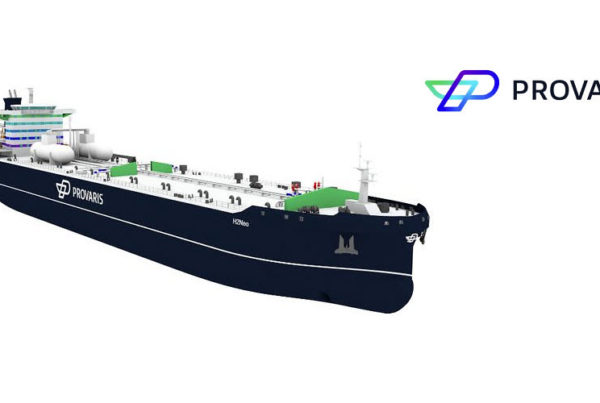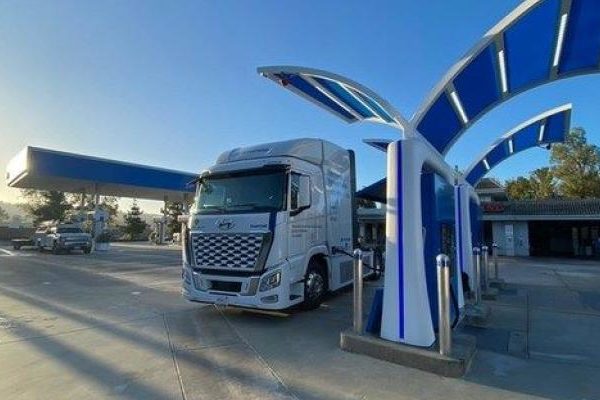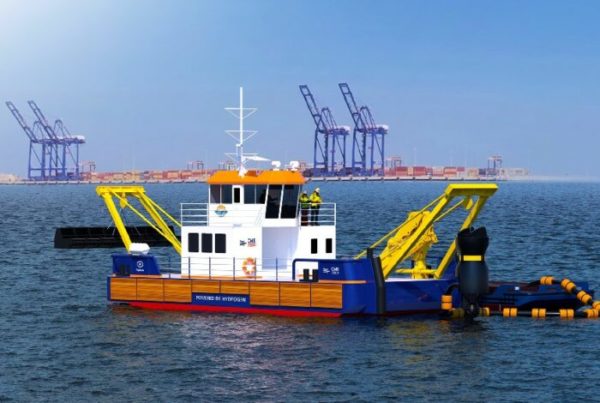
Someday, the familiar roar of 18-wheelers along the world’s highways could be a distant memory. Many trucking companies are looking at hydrogen as a substitute for diesel and fuel-cell semis could hit the road within the next few years. Why has hydrogen emerged as such a promising alternative fuel?
Hydrogen Produces No Harmful Emissions
Diesel exhaust does not just stink — it is dangerous for truck drivers to inhale. One study estimated 3.41% of workers in the European Union were at risk of lung cancer due to occupational diesel exhaust fumes. Diesel emissions also exacerbate climate change via the greenhouse effect.
On the other hand, hydrogen combustion produces only water vapor as a byproduct. It is harmless to breathe in, and does not contribute to climate change or air pollution.
Weaning off diesel also helps companies comply with environmental regulations. As many governments strengthen their air pollution laws, the trucking sector has to implement big changes or face hefty fines.
Hydrogen Is Efficient
In the 1990s, many companies marketed M85 — a mix of 15% gasoline and 85% methanol — as a potential alternative to gas due to its lower flammability and production costs. However, M85 ultimately provided such poor fuel economy that it was not viable on a large scale.
Hydrogen does not have that problem. A combustion engine is only 25% efficient, while hydrogen fuel cells often boast an impressive 80% efficiency. That means less energy is wasted, potentially translating to lower costs for trucking companies.
It Is Lightweight
Lithium batteries work well for passenger cars, but their size and weight make them impractical for 18-wheelers. They take up too much valuable cargo space and reduce the efficiency of each shipment. Hydrogen fuel is lightweight and takes up little room, so trucks do not have to sacrifice cargo space.
It Is Easy to Produce
Currently, less than 1% of the world’s hydrogen is green, meaning manufacturers produce it via electrolysis. Methane steam reforming is the most common method of hydrogen production in 2023. But if the demand for hydrogen fuel increases, making green hydrogen will become more economically feasible.
Unlike fossil fuels, hydrogen will not run out. It is the world’s most abundant element and the only required ingredient for manufacturing it is water. As long as manufacturers have a steady supply of water — which can even be seawater or wastewater — they can produce hydrogen.
Refueling Is Easy
Recharging a li-ion battery can take hours — that requires careful scheduling around truck drivers’ breaks. Refueling a hydrogen truck takes just minutes, which is comparable to refilling a diesel tank. The ease of refueling will ensure a steady traffic flow through fueling stations. It also spares trucking companies the expense of paying drivers to wait around while recharging an EV.
Hydrogen Trucks Get a Long Range
Electric semis may work well for short drives within a metropolitan area, but current models do not fare well for long-haul trucking. They just cannot provide the necessary range.
The Tesla Semi — which boasts the longest range of any electric big rig — claims to go 500 miles before needing a charge, but it has only achieved this feat while hauling extremely light cargo such as potato chips. A typical range for EVs is closer to 150 to 330 miles.
In contrast, experts predict newer versions of fuel-cell trucks could cover 400 miles without slowing down. Coupled with their faster refueling times, hydrogen-powered semis outperform EVs in both range and convenience.
Overhauling Long-Haul Trucking
Diesel is on the decline. The fossil fuel has served truckers well for over 120 years, but a new, cleaner competitor may soon take its place.
Hydrogen shows promise as a powerful, lightweight and efficient fuel that could be just what the shipping sector needs. Time will tell if it becomes as prominent as experts predict, but right now, it looks poised for a complete takeover of the diesel industry.


Jane Marsh, Contributor
The views and opinions expressed herein are those of the authors and do not necessarily reflect the official policy or position of Fuel Cells Works, its directors, partners, staff, contributors, or suppliers. Any content provided by our contributors or authors are of their own opinion and are not intended to malign any religion, ethnic group, club, organization, company, individual or anyone or anything.
Read the most up to date Fuel Cell and Hydrogen Industry news at FuelCellsWorks




